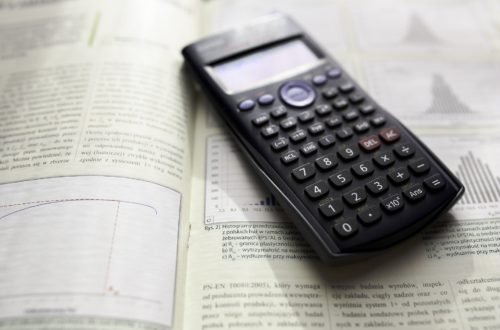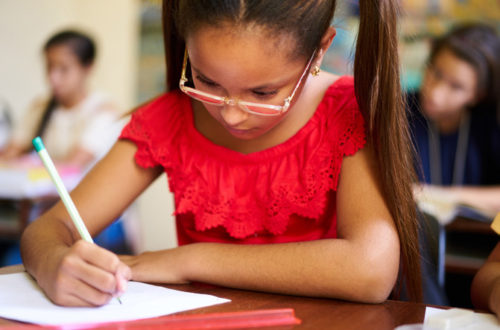Delta-K
Journal of the Mathematics Council of the Alberta Teachers’ Association
Volume 55 Issue 1, June 2018
Yesterday I received a message from a preservice education student who recently completed a mathematics course with me:
“Did you know that a 10 ounce cup of coffee has a splash radius of at least 12 feet? I’m pretty sure that the gravitational force of falling exponentially increases the amount of coffee that was once INSIDE that cup. I’ve done my part of the research here and am passing it on as a public service to you!”
Of course I smiled in a humorous yet understanding way, visualizing the “research” she participated in. This brought me to thinking about how students perceive the discipline of mathematics in their worlds, as students of mathematics versus teachers who have studied and taught mathematics. Having a student relate, and actually identify purposefully even without a prompt, to the mathematics occurring around her was rewarding for me, the instructor, and I recognized that this may not be a person’s main thought as the coffee cup is coming down. But it was. I realized that this symbolizes the effect that we want to have on students of mathematics. We want them to see the value, the usefulness, the evidence and the importance of mathematics. We work daily to this effect. Having students recognize and experience the real relationships of the mathematics within their daily lives and beyond the classroom is notable. We purpose ourselves to creatively teach students and facilitate learning opportunities for them to experience this exact situation and the mathematics that emerges first-hand and actually recognize it! Looking at the world around us and “seeing” all the mathematics that exists and comes into play daily all around us is an aptitude to be encouraged and admired. If and when we build this into students, the math teacher in all of us breathes a contented sigh of accomplishment.
This journal includes many ideas about relating mathematics to our world with purposeful and complementary thoughts, ideas and activities for each level. As you read the journal, consider how to modify the article or activity for students at your level. Mostly, consider how to relate the mathematics you are teaching, exploring and facilitating for students to make those connections to their lives and create that deeper meaning, understanding and usefulness.
I’m quite sure my student’s understanding of radius, especially one of 12 feet, was reinforced that day. Perhaps it even brings up more questions and opportunities about the force required to even send coffee that far! I will continue to actively think about this example and consider how to create more of these real mathematical scenarios and absolutely recognize them. My goal is to have my students see the mathematics occurring constantly all around them, and as being innately important and truly complementary to their lives.
Remember to send in any submission you would like to share with others-we value your contributions and see tremendous value in our collective understandings, ideas and practice.
Lorelei Boschman
1 to 2
3 to 3
Lorelei Boschman
4 to 7
Developing a Passion for Mathematics Through History
Armand Doucet and Jata MacCabe
8 to 8
Lorelei Boschman
9 to 18
Intersections in Reasoning Within Science and Mathematics
Ashley Pisesky, Janelle McFeetors, and Mijung Kim
19 to 20
Leibniz’s Heuristic Derivation of the Product Rule and Quotient Rule
Indy Lagu
21 to 26
Backing Up and Moving Forward in Fractional Understanding
Angela T Barlow, James C Willingham, and Kristin S Hartland
27 to 34
An Architecture Design Project: Building Understanding
Sarah B Bush, Judith Albanese, Karen S Karp, and Matthew Karp
35 to 40
Instruction and Learning Through Formative Assessments
Michael J Bossé, Kathleen Lynch-Gyamfi, and Kayla Chandler
41 to 61
62 to 62
Book Review: Mathematical Mindsets by Jo Boaler
Ashley Durbeniuk and Terry Freeman
63 to 63
Lorelei Boschman
64 to 65



